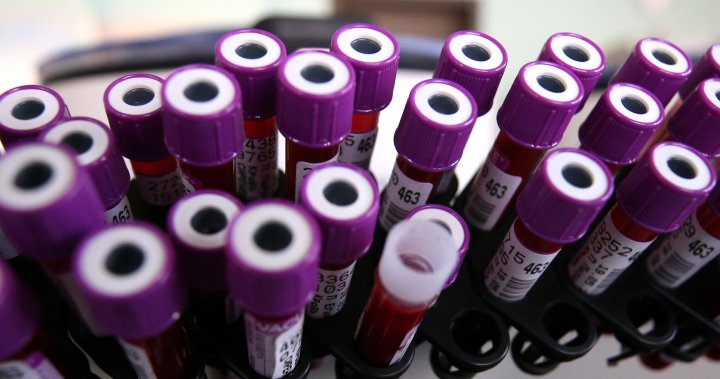
Russia counting on COVID-19 antibody tests. Western experts say it’s unwise
Global News
The U.S. CDC says such tests should not be used to establish an active COVID-19 infection because it can take one to three weeks for the body to make antibodies.
When Russians talk about the coronavirus over dinner or in hair salons, the conversation often turns to “antitela,” the Russian word for antibodies — the proteins produced by the body to fight infection.
Even President Vladimir Putin referred to them this week in a conversation with his Turkish counterpart Recep Tayyip Erdogan, bragging about why he avoided infection even though dozens of people around him caught the coronavirus, including someone who spent a whole day with the Kremlin leader.
“I have high titers,” Putin said, referring to the measurement used to describe the concentration of antibodies in the blood. When Erdogan challenged him that the number Putin gave was low, the Russian insisted, “No, it’s a high level. There are different counting methods.”
But Western health experts say the antibody tests so popular in Russia are unreliable either for diagnosing COVID-19 or assessing immunity to it. The antibodies that these tests look for can only serve as evidence of a past infection, and scientists say it’s still unclear what level of antibodies indicates protection from the virus and for how long.
The U.S. Center for Disease Control and Prevention says such tests should not be used to establish an active COVID-19 infection because it can take one to three weeks for the body to make antibodies. Health experts say tests that look for the virus’s genetic material, called PCR tests, or ones that look for virus proteins, called antigen tests, should be used to determine if someone is infected.
In Russia, it’s common to get an antibody test and share the results. The tests are cheap, widely available and actively marketed by private clinics nationwide, and their use appears to be a factor in the country’s low vaccination rate even as daily deaths and infections are rising again.
In Moscow and the surrounding region, millions of antibody tests have been done at state-run clinics that offered them for free. Across the country, dozens of chains of private labs and clinics also offer a wide variety of antibody tests for COVID-19, as well as tests for other medical conditions.
“In some cities I went to, I needed to take a PCR test and it wasn’t possible, but I could take an antibody test — it was much easier,” said Dr. Anton Barchuk, head of the epidemiology group at the European University in St. Petersburg and an associate professor at the Petrov National Cancer Center there.













